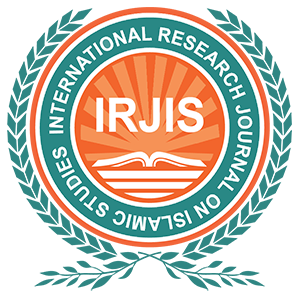Abstract
Sectarianism is not merely associated with Islam but it affected all religion’s intensity. At the end of the twentieth century, sectarian elements and religious prejudices in Pakistan had intensified. Undoubtedly, the negative effects of sectarianism and religious provocation are now permeating the entire Pakistani society. The current situation in Pakistan demands that intellectuals in academic circles and political-religious leaders Spokespersons of serious scholarly that they unite together to play a positive role in a serious environment bearing respect, tolerance and disagreement. In this regard, Pakistan’s religious political parties have played a valuable role in demonstrating unity on various fronts for the last long period, which was a great step in ending sectarianism. And unity in Pakistan is striving for the Ummah on every front. In the recent past, several forums have sprung up, including the Milli Yekjahti Council, Muttahida Majlis-e-Amal, in which leading scholars of all schools of thought have waged a full-scale jihad against professional extremism. He wrote books on the subject of unity and played a role in reducing sectarian hatred. In this article, a practical role has been reviewed at the end of the sectarianism of Pakistanis’ political-religious parties, and this effort is expected to be a turning point in interfaith harmony in Pakistan.
Keywords: Religious Parties, Sectarianism, Academic Role, analysis.

